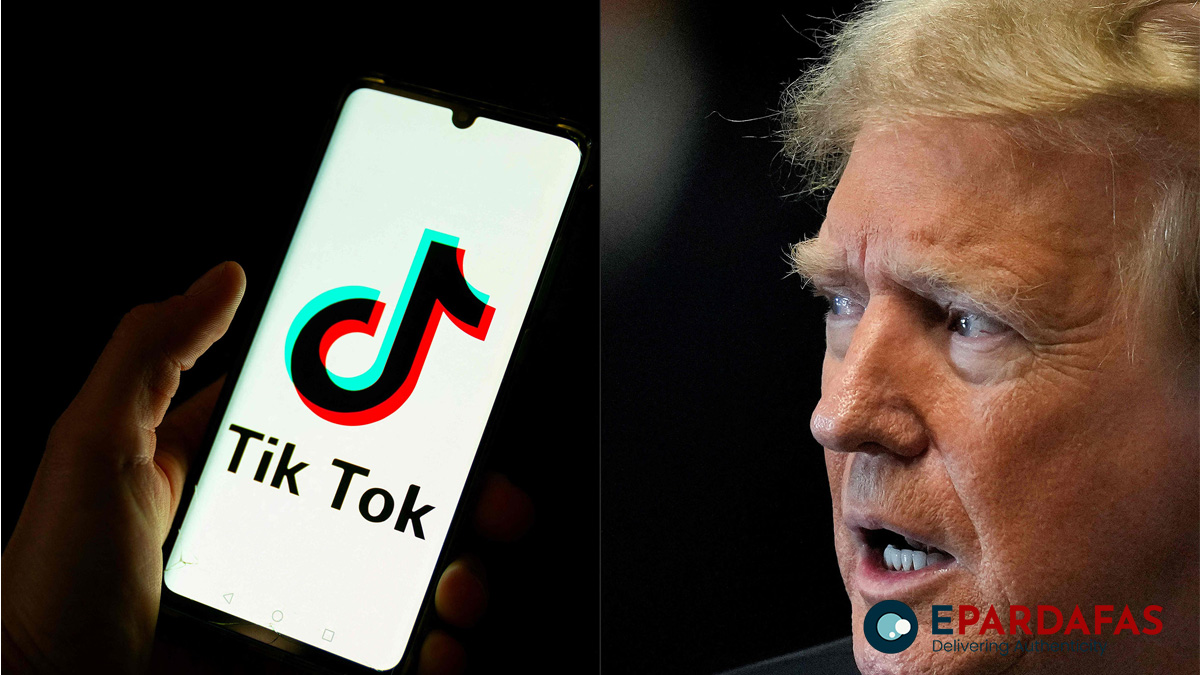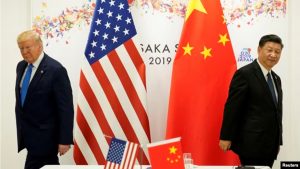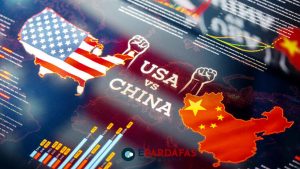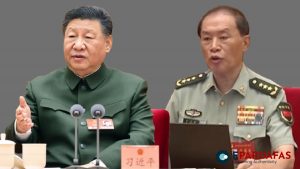
Trump Urges Supreme Court to Delay TikTok Ban, Seeks Political Resolution

U.S. President-elect Donald Trump has requested the Supreme Court to delay the implementation of a law that would either ban the popular social media platform TikTok or force its Chinese owner, ByteDance, to sell the app. Trump argues that his incoming administration should be given time to seek a “political resolution” to the contentious issue.
The Supreme Court is scheduled to hear arguments on the case on January 10. If the law is upheld and ByteDance does not divest, TikTok, which has over 170 million U.S. users, could face a ban on January 19—just one day before Trump officially takes office.
The legislation, passed by Congress in April, mandates ByteDance to sell TikTok to an American company by the January deadline or cease operations in the United States. ByteDance and TikTok have challenged the law, seeking to have it overturned.
Trump’s recent position marks a reversal from 2020 when, as president, he pushed to ban TikTok and force its sale due to concerns over its Chinese ownership and potential threats to U.S. national security. Now, Trump has expressed a more conciliatory stance, even meeting with TikTok CEO Shou Zi Chew earlier this month. During the campaign, Trump noted the app’s contribution to his online presence, mentioning billions of views generated on TikTok.
D. John Sauer, Trump’s lawyer and his pick for solicitor general, stated that the president-elect does not take a position on the case’s merits but is advocating for a delay to allow for diplomatic and political efforts. Sauer requested the Court to extend the divestment deadline beyond January 19, 2025, enabling the new administration to address the matter through alternative means.
The Justice Department has continued to assert that Chinese control of TikTok poses a significant national security threat. However, TikTok has countered that its content recommendation engine and user data for American users are stored in the United States on Oracle-operated servers, with content moderation decisions made domestically.
Free speech advocates and critics of the legislation have likened the proposed TikTok ban to censorship practices of authoritarian regimes, arguing it violates constitutional rights. Meanwhile, Montana Attorney General Austin Knudsen and a coalition of 22 state attorneys general filed a brief urging the Court to uphold the divest-or-ban legislation, emphasizing concerns over Chinese influence.
The Supreme Court’s decision on the case could significantly shape the future of TikTok in the United States and set a precedent for handling national security concerns tied to foreign-owned tech platforms.












Comments